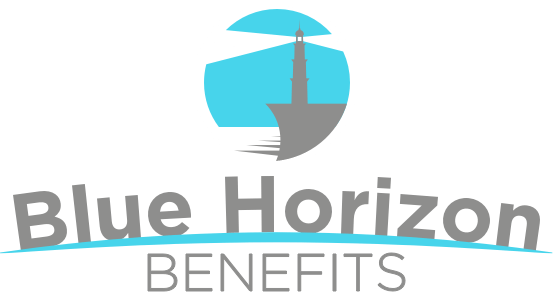PBMs Feeling the Heat on All Fronts
While drugmakers have been assailed for years for increasing their prices and driving the cost of medications higher and higher, there is another player in the health care space that is receiving increased scrutiny: pharmacy benefit managers.
PBMs are intermediaries, acting as go-betweens for insurance companies, self-insured employers, drug manufacturers and pharmacies.
They can handle prescription claims administration for insurers and employers, facilitate mail-order drug delivery, market drugs to pharmacies, and manage formularies (lists of drugs for which health plans will reimburse patients.)
Express Scripts, which provides network-pharmacy claims processing, drug utilization review, and formulary management, among other services, is the best-known PBM. CVS Caremark and UnitedHealth Group’s OptumRx are other major players.
PBMs typically contract with both insurers (or self-insured employers) and pharmacies. They charge health plans fees for administering their prescription drug claims and create formularies that spell out the prices pharmacies receive for each drug on the list.
Commonly, the price the plan pays for a drug is more than the pharmacy receives for it. The PBM collects the difference between the two prices.
It can do this because the health plan does not know what the PBM’s arrangement is with the pharmacy, and vice versa. Also, the plan doesn’t know the details of the PBM’s arrangements with its competitors.
A PBM could charge one plan $200 for a month’s supply of an antidepressant, charge another plan $190 for the same drug, and sell it to a pharmacy for $170. None of the three parties knows what the other parties are paying or receiving.
Additionally, PBMs have been accused of pocketing the rebates that drug manufacturers offer, instead of passing them on to the end users: the patients who are prescribed the medications. Those rebates can be significant.
In the crosshairs
In theory, the PBMs should pass these rebates back to the individuals who are prescribed the medication so that they can reduce their out-of-pocket costs. However, if most of those costs are born by the insurer, those rebates would conceivably be transferred to the insurer that is paying for the drugs and the insurer could pass some of those savings on to enrollees.
But, because these arrangements are also confidential, the extent to which these savings are passed back to health plans is unknown.
As pressure on PBMs has grown, federal and state lawmakers, attorneys general in various states and state regulators have been taking action.
In 2022, 12 states enacted 19 measures that included a variety of restrictions and requirements for PBMs, according to the National Academy for State Health Policy.
A number of state attorneys general have filed lawsuits against some of the country’s largest PBMs. Ohio Attorney General David Yost has managed to wring more than $100 million in settlements with PBMs in the last three years, after filing lawsuits accusing them of violating state antitrust laws and overcharging state agencies like the Ohio Bureau of Workers’ Compensation and the Ohio Department of Medicaid.
And in Washington D.C., a bipartisan bill introduced in the U.S. Senate would require PBMs to file an annual report with the Federal Trade Commission about fees charged to pharmacies and reimbursements sought from drug companies.
The bill also authorizes state attorneys general “to conduct investigations, to administer oaths or affirmations, or to compel the attendance of witnesses or the production of documentary or other evidence.”









